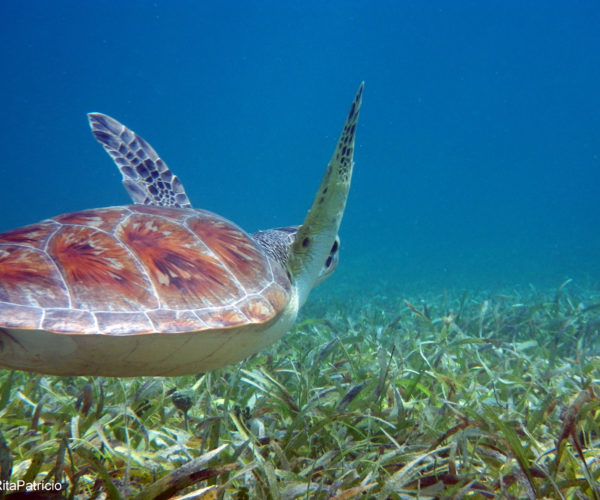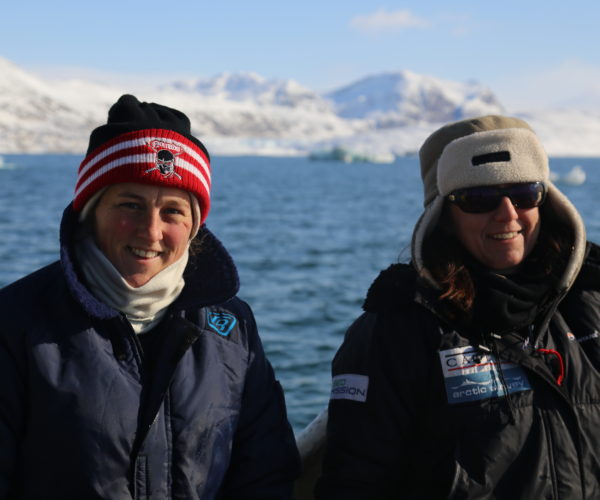Words by Ben Williams, 2019 BioScience Graduate Most people are aware coral reefs throughout the world are struggling one way or another. A range of […]
Author: ee320
A Day in the Life of a Marine Bioacoustics Intern
Words by Ellie May and Ben Williams, ExeterMarine Undergraduate Students Hi there, this is Ellie May and Ben Williams giving you an update on […]
Happy #SeaTurtleWeek! Check out these turtle-y awesome Sea Turtle researchers!
As we segway from #WorldOceansDay into #SeaTurtleWeek we though we would share with you all an insight into just some of the research being carried […]
#WorldOceansDay – gender and the oceans
This #WorldOceansDay we want to celebrate our academics who are working on understanding gender roles and how this impacts both the individual and society in […]
It’s #WorldOceansDay! A focus on gender and fisheries in Mozambique
This #World oceans Day, Dr Rebecca Short from the University of Exeter Medical School, European Centre for Environment and Human Health (ECEHH) talks to us […]
A Day in the Life of an Arctic Field Scientist
Words by Clara Nielson, University of Exeter PhD Student A day in the life of an Arctic field scientist Hello! My name is Clara Nielson […]
It’s World Penguin Day!
Today is World Penguin Day! Penguins are some of the most recognisable characters amongst the cast of species that call the oceans their home. […]


